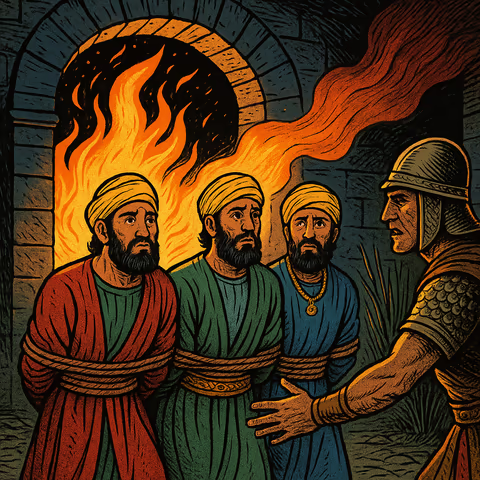
Differences in the Old Greek Version of Daniel (Chapter 3)
The Firey Furnace
This chapter of the ‘Old Greek’ version of Daniel contains 30 verses (in the normal chapter/verse numbering system). Of these, 13 are different (1 appears in the next chapter in the Old Greek numbering).
The Old Greek text is, in our view, slightly better. It is generally clearer and more specific (apart from not naming the plain of Dura like the Masoretic Text does).
While it does contain the extra material in the 66 verses of The Prayer of Azariah and the Song of the Three Holy Children, they are likely a later addition to the Greek text, not in any way the fault of the Old Greek translator(s).
Differences
3:1 (i)
The Old Greek gives the year of the events (NebuChadnezzar’s 18th year), but the Masoretic Text doesn’t. The year may be meaningful, as it would work out as the year that the king destroyed Jerusalem and the temple.
Either this was added to the Greek to enhance the text, or it was lost from the Masoretic Text later. We don’t know.
3:1 (ii)
The Old Greek does not name the plain in which the idol was set up, but the Masoretic Text names it as the plain of Dura.
Again, we’re not sure whether the Greek translator failed to put it in, or if Greek copyists failed to copy it, or if it was added to the Masoretic Text later for some reason. Whatever happened, this is a minor detail.
3:2
The Old Greek adds that everyone in the entire Empire was invited to the dedication of the idol, but the Masoretic Text says only the princes, governors, etc. were invited.
This could be a translators choice to make the text flow better, or this may have been lost from the Aramaic later.
3:3-11
No important differences.
3:12
In the Old Greek, the Babylonian men who accused the Judeans don’t say that the Jews disregarded the king’s ‘gods,’ it only reports them mentioning the idol. However, it does mention that in verse 14, just like the Masoretic Text does.
So either the Greek version was cleared up by the translator, or an additional mention was added in the Aramaic. We don’t know. It’s a minor difference to narrative flow, and doesn’t change anything.
3:13-17
No important differences.
3:18
The Old Greek again does not mention ‘your gods’ but only the idol.
3:19
The Old Greek has the king ordering the furnace to be heated seven times hotter than necessary, but the Masoretic Text says it was seven times hotter than usual. It’s a small difference, and probably meaningless, and perhaps using a more common way of speaking in Koine Greek.
3:20
No important differences.
3:21
The Old Greek mentions that the three men were wearing their sandals, robes, and turbans when they were thrown into the furnace, but the Masoretic Text mentions tunics, gowns, turbans, and garments.
The Greek is more thorough, mentioning all clothing from head to toe. The Aramaic mentions overwear, underwear, hats, and clothing in general. There’s no obvious way that ‘tunics’ was confused with the word for ‘sandals’, so it’s probably just the translator using a more common way of saying all clothing in Greek.
The translator was updating the expression for his audience. That’s good.
3:22-23
The Old Greek explicitly says that the three Hebrews were unharmed immediately upon being thrown into the furnace, but the Masoretic Text does not mention this until the King sees them alive.
Again, this appears to be creating a better narrative flow. It may be a translation choice, although it’s possible that the Aramaic later lost this reference upon copying, but we don’t know.
3:24-90
Here we find the text of The Prayer of Azariah and the Song of the Three Holy Children. This is not in the Masoretic Text. Therefore, the Old Greek has 66 extra verses here.
However, these may be later additions, and separate from the work of the original translator(s).
Due to the extra verses, the verse numbering is different from this point onwards. Traditional Bible chapter/verse numbering appears (in parentheses).
3:91 (3:24)
The Old Greek has the King hearing them sing and seeing them standing, but the Masoretic Text does not mention this until the next verse. This is probably just the Greek translator cleaning up the narrative flow into a more logical order, preferable to Greek speakers.
3:92 (3:25)
The Old Greek has the King saying he sees a messenger of God (an angel) in the fire, but the Masoretic Text has him saying he sees someone like a son of God. However, later in verse 95 (28), the Masoretic Text does call him a messenger as well.
There’s no obvious way that the Aramaic could have been misread or confused; it’s a deliberate choice.
Some have speculated that the change is because son of God may have been confusing to a pagan audience, and may have led some to mistakenly thinking it’s promoting polythesim, so it was clarified to say messenger. That’s possible.
After all, the few fragments of Daniel that survive in the Dead Sea Scrolls actually has these words, it’s hard to make the letters out, but it appears to say ‘the fourth is like a son of the gods’, which sounds even more polytheistic.
So, it’s possible that it was clarified in the Greek for that reason. Although, the translation was primarily done for Greek-speaking Jews living in Egypt, not for converts. So we can’t really be sure.
3:93 (3:26)
The Old Greek lists the three men’s names once, but the Masoretic Text lists them twice. Perhaps the Masoretic suffered a copyist error of repetition? We don’t know.
3:94-95 (3:27-28)
No important differences.
3:96 (3:29)
The Old Greek has the king threatening anyone who speaks against God with confiscation of their homes, but the Masoretic Text says their homes will be turned into an ash heap, or possibly, a dung heap.
It’s not likely the words were confused, so this may be a translator choice, perhaps choosing to use a clear legal term that was more familar to his audience than an Aramaic idiom.
3:97 (3:30)
No important differences.
3:98-100 (4:1-3)
The verse numbering changes again here!
The last three verses of the Old Greek are moved into the next chapter in the Masoretic Text. However, chapter divisions and verse numbering were added thousands of years later, so this has nothing to do with the actual text.
Contents
 Introduction to
Introduction to
Differences in Daniel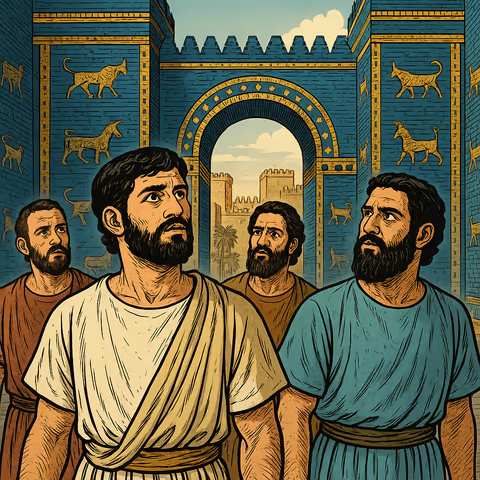 Differences
Differences
in Chapter One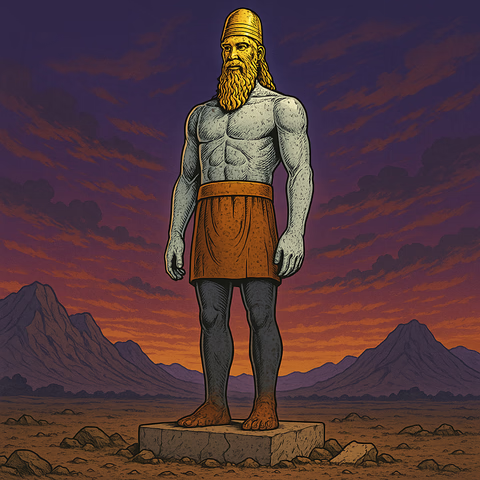 Differences
Differences
in Chapter Two Differences in Chapter Three
Differences in Chapter Three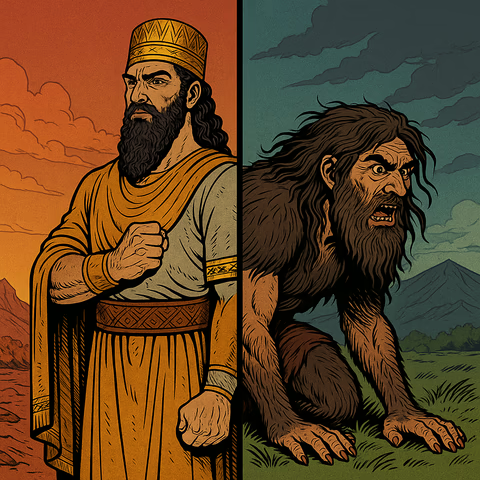 Differences
Differences
in Chapter Four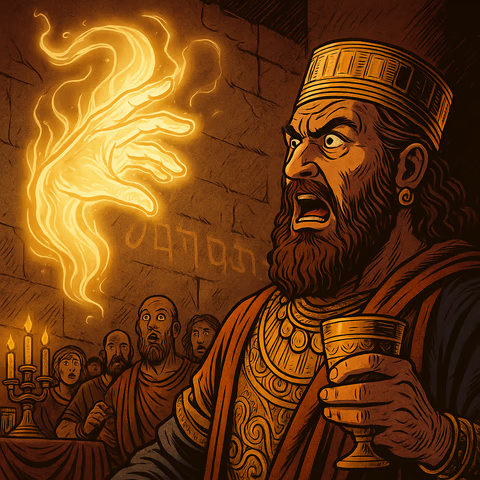 Differences
Differences
in Chapter Five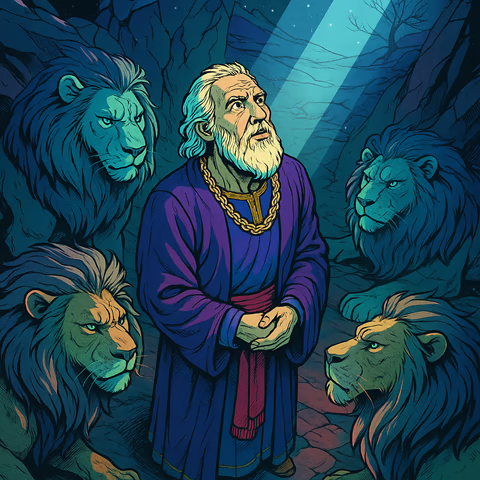 Differences
Differences
in Chapter Six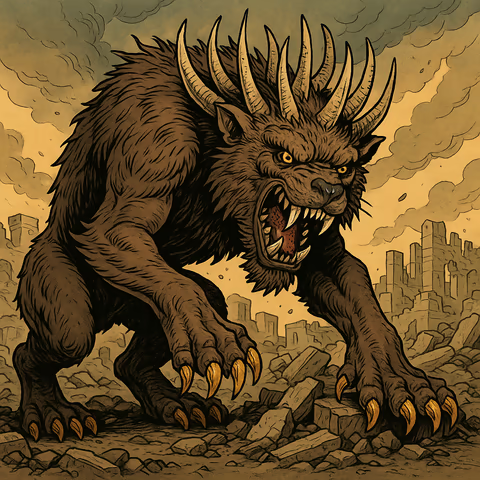 Differences in
Differences in
Chapter Seven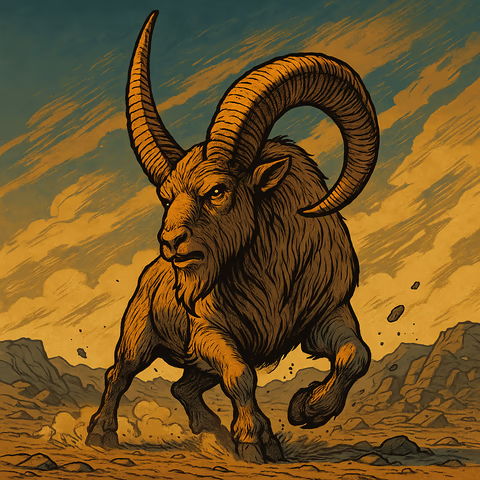 Differences in
Differences in
Chapter Eight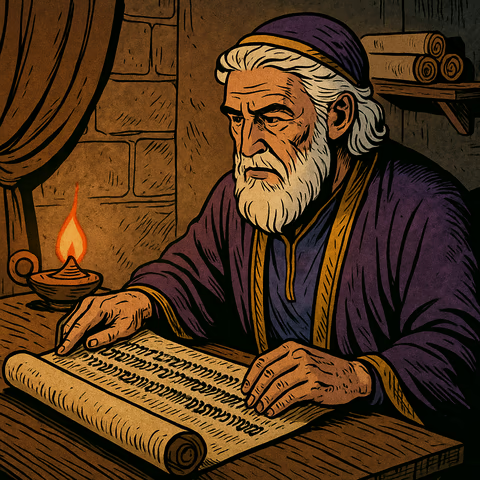 Differences
Differences
in Chapter Nine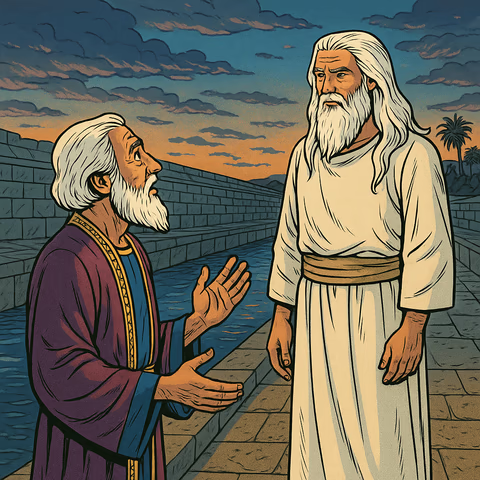 Differences
Differences
in Chapter Ten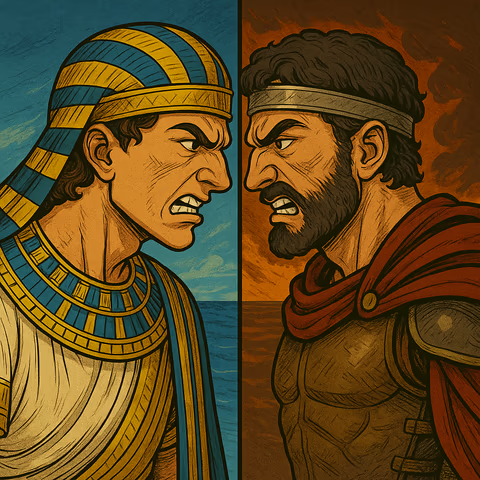 Differences in
Differences in
Chapter Eleven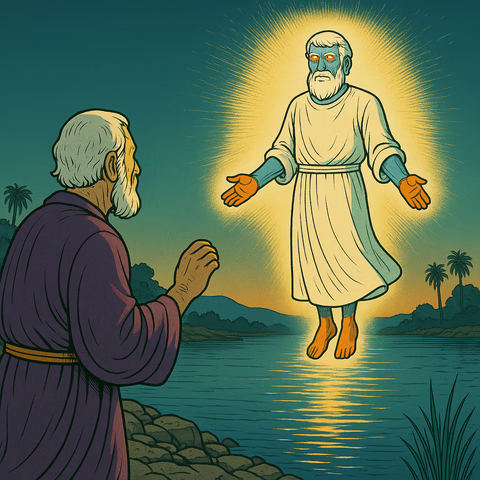 Differences in
Differences in
Chapter Twelve